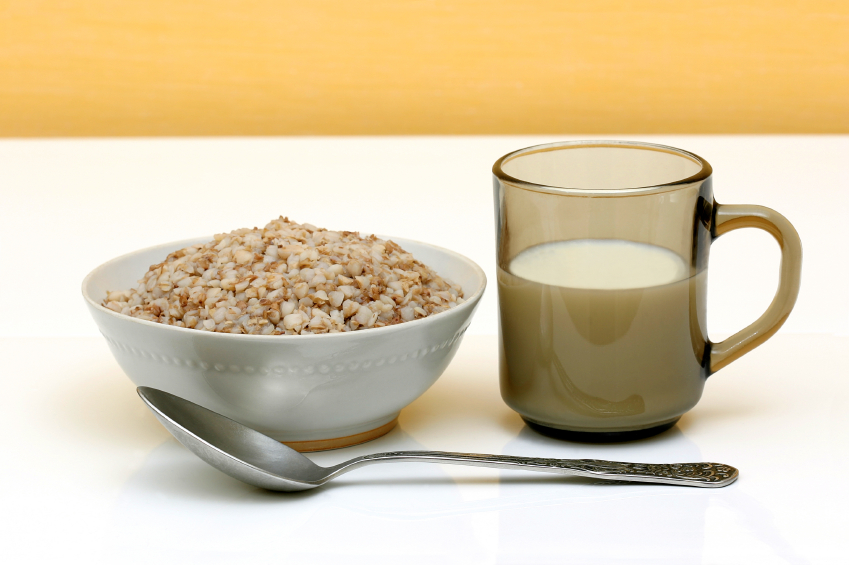Too much of a good thing: What happens if you load up on too much yogurt?
04/29/2019 / By Michelle Simmons

Yogurt is known as a healthy food but too much of a good thing is bad for your health. Here are some of the possible side effects of loading up on too much yogurt.
Kidney stones may form: One cup of whole milk plain yogurt contains 296 milligrams (mg) of calcium, which prevents osteoporosis, maintains muscles, improves digestive health, and strengthens the immune system. However, having too much calcium in the body can increase your risk of kidney stones or prostate cancer. In addition, eating excessive amounts of yogurt may also reduce the absorption of iron and zinc, which may lead to calcium buildup in the blood vessels.
It may negatively affect the brain: A study published in the journal Gastroenterology reported that eating yogurt resulted in a stronger neural connectivity between the periaqueductal gray and the prefrontal cortex, the part of the brain that helps in decision-making. However, eating probiotic yogurt twice a day also negatively affected brain function. In particular, it reduced activity in the most critical regions of the brain.
It may affect the growth of children: Cattle are injected with growth hormones to promote growth and increase the amount of milk they produce. However, if children eat yogurt made from such milk, they may experience early puberty. Additionally, it may also result in an increase in hormones and cancer.
It may interact with certain medications: Eating yogurt while taking certain antibiotics, such as ciprofloxacin and tetracycline, will make the drug even less effective. Eating yogurt while also taking immunosuppressants may cause people to fall sick as these drugs decrease the body’s immunity, making it more prone to infections. Eating too much yogurt can also cause yeast infections as it sometimes contains yeast.
You may develop cancer: Eating too much yogurt may cause cancer because it contains a type of sugar called galactose. According to the Physicians Committee for Responsible Medicine, galactose can cause ovarian cancer. In addition to this, a diet high in animal proteins can also cause cancer. Many yogurt products are made from cow’s milk, and most cows are given antibiotic medicines and hormones in their feed. Oftentimes, cattle feed contains hormones like IGF-1. High levels of IGF-1 may cause breast and prostate cancer in humans.
You may gain weight: Eating too much yogurt can result in weight gain, according to a study published in The American Journal of Clinical Nutrition. Eating too much yogurt causes people to load up on extra calories that they don’t need. Moreover, many yogurt products contain artificial sweeteners like aspartame and high-fructose corn syrup (HFCS), which are known to have negative effects on health such as weight gain. Aspartame also contains methanol, which is toxic if consumed even in small amounts. HFCS, on the other hand, has a high glycemic index that can cause blood sugar spikes.
How much is too much?
The amount of yogurt you can eat depends not only on the type of yogurt, but also on your age, genetics, physical activity level, and weight. Health experts recommend eating a maximum of two servings of yogurt per day. Also, you have to choose carefully which type of yogurt you will consume because not all yogurts are made equal. Various types differ in terms of calorie, protein, fat, and sugar content. When choosing yogurt, the best ones are those that contain as few ingredients as possible and do not have added sugar and flavoring. Yogurt products that have healthy probiotics, also known as live cultures, are better than those which were pasteurized after production.
Sources include:
Tagged Under:



















